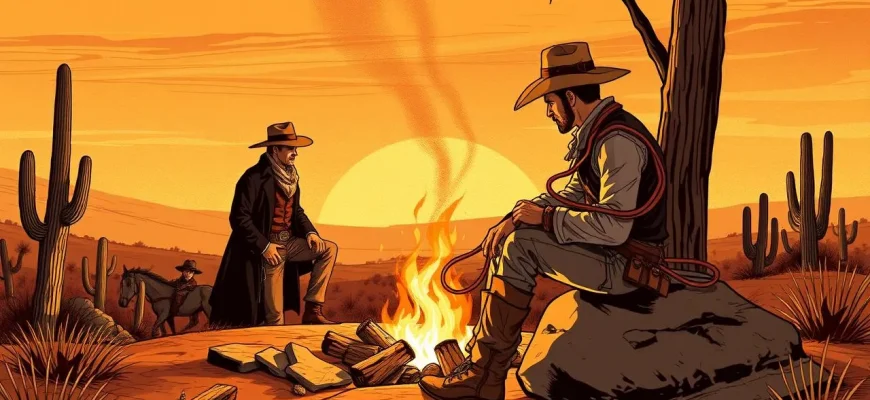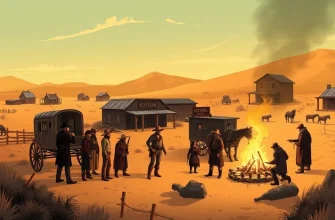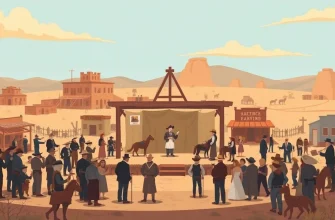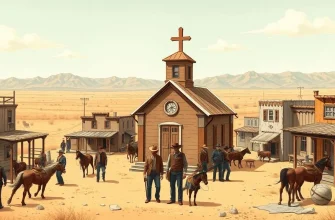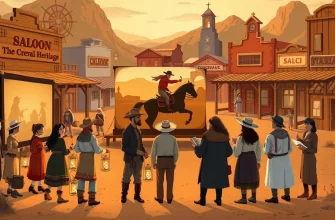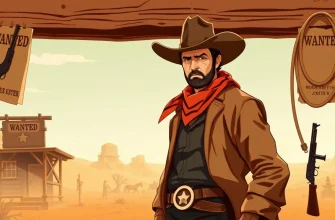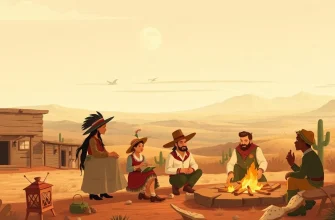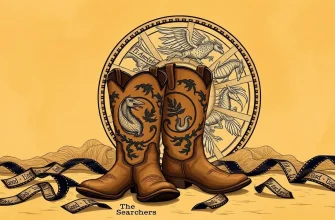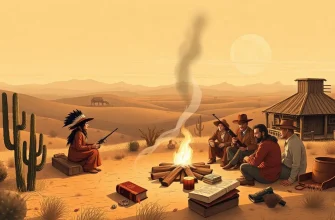The Western genre often delves into the rich tapestry of ancient customs and traditions, providing a unique lens through which to view the past. This curated selection of 10 films not only showcases the rugged landscapes and iconic characters of the Wild West but also highlights the enduring customs that shaped the era. Each film offers a glimpse into the traditions that have been passed down through generations, making this collection a treasure trove for those interested in the cultural heritage of the American frontier.
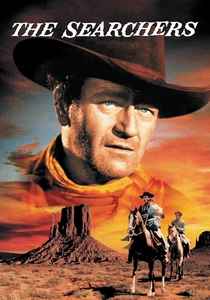
The Searchers (1956)
Description: This film explores the ancient tradition of blood feuds and the quest for vengeance, set against the backdrop of the American West. It's a poignant look at how traditions can drive individuals to extreme actions.
Fact: John Wayne's character, Ethan Edwards, was originally written to be much more morally ambiguous, showcasing the darker side of traditional values.
 Watch Now
Watch Now
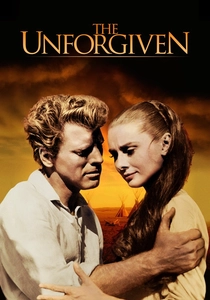
The Unforgiven (1960)
Description: This film tackles the tradition of racial prejudice and the impact of hidden heritage, set in the context of a Western family drama.
Fact: The film was controversial for its time due to its portrayal of racial issues and the traditions surrounding them.
 Watch Now
Watch Now

The Man Who Shot Liberty Valance (1962)
Description: This film examines the transition from the old ways to the new, focusing on the tradition of the gunfighter and the myth-making of the West.
Fact: The film's famous line, "When the legend becomes fact, print the legend," reflects the tradition of storytelling in the West.
 Watch Now
Watch Now
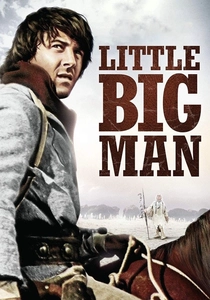
Little Big Man (1970)
Description: A satirical take on the Western genre, this film explores the traditions of the Cheyenne people through the eyes of a white man raised by them.
Fact: Dustin Hoffman spent time with the Cheyenne to learn their customs and traditions for his role.
 Watch Now
Watch Now
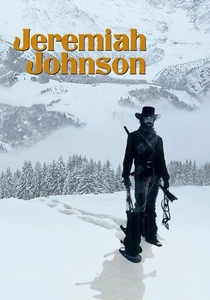
Jeremiah Johnson (1972)
Description: This film portrays the traditions of mountain men and their interactions with Native American tribes, highlighting the solitude and the harshness of frontier life.
Fact: The film was shot on location in Utah, providing an authentic backdrop for the portrayal of mountain man traditions.
 Watch Now
Watch Now

The Outlaw Josey Wales (1976)
Description: This film captures the tradition of revenge and the code of the West, showing how personal honor and loyalty can transcend legal boundaries.
Fact: The film was one of the first to depict Native Americans in a more sympathetic light, reflecting their traditions and struggles.
 Watch Now
Watch Now
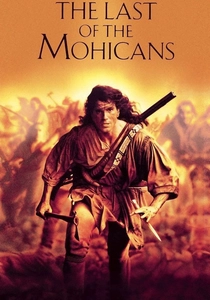
The Last of the Mohicans (1992)
Description: Based on the novel, this film explores the traditions of the Mohican tribe during the French and Indian War, showcasing their way of life and their fight for survival.
Fact: The film used authentic Mohican language and customs, with actors undergoing extensive training.
 Watch Now
Watch Now
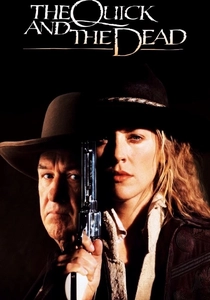
The Quick and the Dead (1995)
Description: While primarily a Western, this film also touches on the tradition of dueling and the personal honor code of gunfighters.
Fact: The film was directed by Sam Raimi, known for his unique visual style, which adds a modern twist to traditional Western themes.
 Watch Now
Watch Now
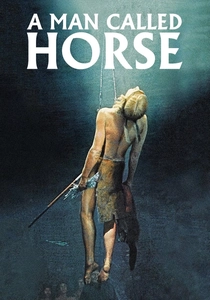
A Man Called Horse (1970)
Description: This film delves into the traditions of the Sioux, particularly their initiation rites and the concept of becoming part of a tribe.
Fact: The film was one of the first to show Native American traditions in a detailed and respectful manner.
 30 Days Free
30 Days Free
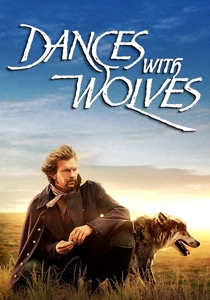
Dances with Wolves (1990)
Description: This epic film delves into the traditions of the Lakota Sioux, offering a respectful portrayal of Native American customs and the clash with encroaching settlers.
Fact: Kevin Costner, who directed and starred in the film, learned the Lakota language to ensure authenticity in the portrayal of their traditions.
 30 Days Free
30 Days Free

